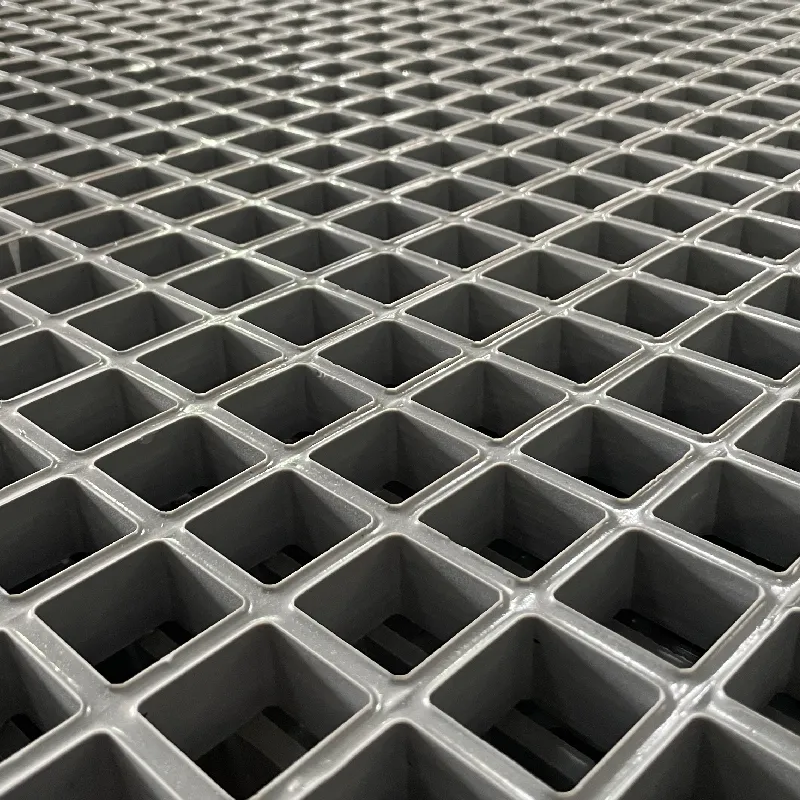loading...
- No. 9, Xingyuan South Street, Dongwaihuan Road, Zaoqiang County, Hengshui, Hebei, China
- admin@zjcomposites.com
- +86 15097380338
- Welcome to visit our website!
Designing an Efficient Vessel for Activated Carbon Filtration Systems
The Role of Activated Carbon Filter Vessels in Water Treatment
Activated carbon filter vessels play a crucial role in the field of water treatment, offering an effective solution for purifying water by removing contaminants and improving its quality. This technology harnesses the high surface area and porous structure of activated carbon, making it an ideal medium for adsorption processes that are vital in both industrial and municipal water treatment systems.
Understanding Activated Carbon
Activated carbon, also known as activated charcoal, is a form of carbon that has been processed to have small, low-volume pores that increase its surface area. The activation process makes the carbon highly porous, which significantly enhances its ability to adsorb impurities. With a surface area that can exceed 3,000 square meters per gram, activated carbon has the capacity to trap a wide range of contaminants, including organic compounds, chlorine, heavy metals, and other pollutants.
Function of Filter Vessels
Activated carbon filter vessels are designed to house activated carbon media, allowing water to flow through them and interact with the carbon particles. As water passes through the vessel, contaminants adhere to the surface of the activated carbon, effectively removing them from the water. This process is known as adsorption, which differs from absorption; in adsorption, the molecules remain on the surface rather than being absorbed into the material.
These filter vessels can vary in size and design, depending on the specific application and volume of water being treated. They are typically constructed from materials strong enough to withstand high pressures and corrosive conditions, ensuring longevity and durability.
Applications in Water Treatment
1. Municipal Water Supply Activated carbon filter vessels are commonly used in municipal water treatment plants to improve the quality of drinking water. They help in the removal of chlorine, volatile organic compounds (VOCs), and other harmful pollutants, ensuring safe and clean water for public consumption.
activated carbon filter vessel

2. Wastewater Treatment In industrial applications, activated carbon filters are employed to treat wastewater before discharge. They help in removing toxic substances and impurities that could harm the environment, thus enabling industries to comply with strict regulatory standards.
3. Home Water Filtration Systems Many households use activated carbon filters as part of their home water purification systems. These filters are installed in faucets, under sinks, or as whole-house systems to enhance water taste and remove harmful substances.
4. Aquatics In aquariums and aquaculture, activated carbon filter vessels play a vital role in maintaining water quality. They assist in removing harmful chemicals and organic matter, creating a healthier environment for fish and other aquatic organisms.
Benefits of Using Activated Carbon Filters
The use of activated carbon filter vessels provides numerous advantages. They are highly efficient in removing a broad spectrum of contaminants, including taste and odor compounds, making water more palatable. Additionally, these systems are relatively low in energy consumption compared to other treatment technologies, making them an economically viable option.
Moreover, activated carbon is a natural material that can be produced sustainably, thus presenting a more environmentally friendly alternative to synthetic methods of water purification. Regeneration of activated carbon is possible, enabling its reuse, which leads to reduced waste and lower operational costs over time.
Limitations and Considerations
While activated carbon filter vessels are incredibly effective, they do have limitations. Not all contaminants can be removed; for instance, heavy metals may not be effectively adsorbed unless specific grades of activated carbon are used. Regular replacement or regeneration of the carbon media is essential to maintain effective performance, as the carbon can become saturated with pollutants over time.
In conclusion, activated carbon filter vessels are an indispensable component in modern water treatment systems, offering a reliable and efficient method for contaminant removal. Their ability to improve water quality for various applications highlights their significant role in promoting public health and environmental sustainability. As technology advances and the demand for clean water continues to rise, the importance of activated carbon in water treatment will only increase, paving the way for innovations that enhance their effectiveness and application range.
-
GRP Structures: The Future of Lightweight, High-Performance EngineeringNewsJun.20,2025
-
FRP Water Tank: High-Performance Storage for Corrosive and Clean Water SystemsNewsJun.20,2025
-
FRP Square Tube: The New Industry Standard for Chemical and Structural ApplicationsNewsJun.20,2025
-
FRP Pultruded Profiles: The Ultimate Choice for Lightweight Structural StrengthNewsJun.20,2025
-
FRP Handrails: The Safer, Smarter, and Stronger Choice for Modern InfrastructureNewsJun.20,2025
-
FRP Grating: The Smart Solution for Durable, Lightweight Industrial FlooringNewsJun.20,2025
-
Why Choose a Galvanized Water Tank for Your Storage NeedsNewsMay.21,2025
